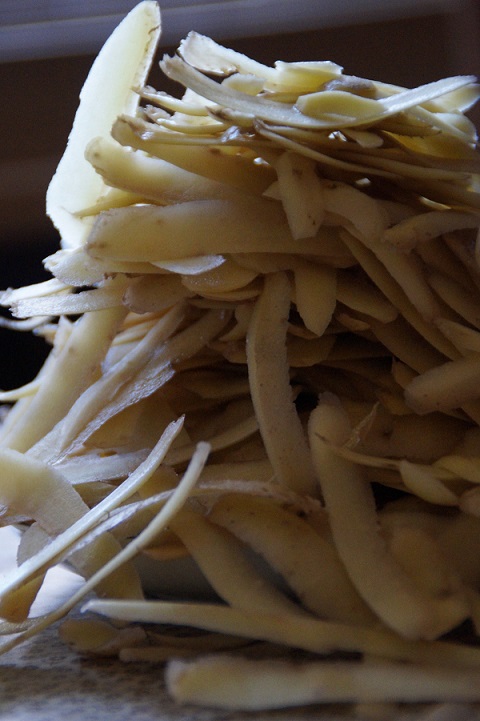Woman transforming kitchen and garden waste into bio enzymes

For the past decade, Nita Singh from Kolkata has cultivated a vibrant urban garden filled with 500 diverse plants, from drumsticks and grapes to corn and tomatoes.
What sets her gardening approach apart is her commitment to sustainability.
Nita utilizes recycled plastic containers, coconut shells, eggshells, and PVC pipes to grow her green treasures.
She doesn’t stop there; she crafts organic fertilizers and fungicides from kitchen waste, a practice she learned about three years ago from a program on DD Kisan.
Nita’s secret lies in bio enzymes, concocted from readily available materials like neem leaves, banana peels, lemon peels, jaggery, and water.
She follows a simple 3:1:10 formula – mixing 300 grams of the chosen ingredient with 100 grams of jaggery in 1,000 ml of water.
This formula ensures balanced enzyme production. Marigold enzymes boost flowering growth, while orange and lemon peels are ideal for plants like roses and lilies in acidic soil.
Neem enzymes serve as insecticides or fungicides. Nita insists on storing these mixtures in plastic bottles due to the gases they release and recommends leaving the cap slightly loose to prevent pressure buildup.
Darkness is essential when storing these homemade fertilizers. Exposure to sunlight can kill the beneficial bacteria within, reducing their effectiveness.
After about three months, the bio enzymes are ready for use, emitting a vinegar-like aroma.
For general use, Nita suggests mixing 1-2 ml of enzyme in a litre of water.
In cases of severe insect attacks, you can increase the enzyme concentration to 5 ml per litre of water. A little goes a long way in nurturing your plants.
The beauty of Nita’s bio enzymes is that they have no expiry date and can be stored for months.
If you want to expedite the process for your next batch, simply add approximately 5 ml of the previous batch’s enzyme. This accelerates the fermentation, allowing you to keep your garden thriving.
Nita’s innovative approach to gardening not only promotes plant health but also reuses kitchen and garden waste effectively.
With a commitment to sustainability and these straightforward tips, you too can transform waste into eco-friendly, plant-nourishing bio enzymes, making your own urban jungle flourish.
Image from Pxhere (Free for commercial use / CC0 Public Domain)
Image Reference: https://pxhere.com/en/photo/997081










Leave a Reply